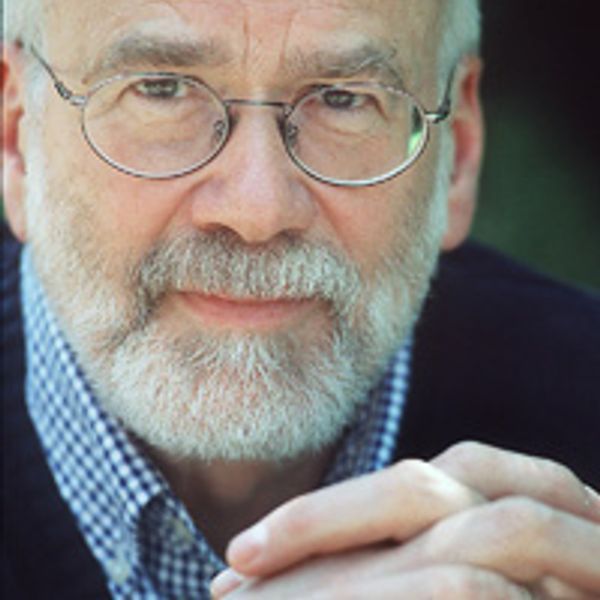Lia Purpura, Parasol Mushroom (detail), featured in AGNI 102
The End
How quaint lovemaking was in the old
movies, the lovers saving it for the end
which was called The End, and all
dressed up for it, though everybody knows
the whole idea is to take your clothes off
as they do in films today, undoing each other
button by belt buckle because they can’t
wait to start their love scene,
which is the old one upside-down,
not a grand finale of faces confessing
to each other, but interlocking legs
and thighs leading to the heads
of the waitress and the guy she met at the end
of the night shift, grimacing and panting.
Life is simply like that, the next day
comes through the curtains and he discovers
she has a kid who doesn’t like him,
or she can’t look him in the eye
because he wasn’t able to perform
and the shrink, who made him recount
all this, looks up from his notebook
in the sudden quiet of his office
with professional curiosity. Not us,
we understand he was trying too hard
to forget the lover he broke up with,
or perhaps he was using this one-night stand
to escape the threat of her career,
or maybe the shrink is talking to a woman
who turns out to be the daughter
of the waitress, in trouble with men
because she had no father and her mother
slept around. Poor kid, in a woman’s body,
which we are bound to see every
part of as she searches for fulfillment
on her own dark island of shifting legs
and thighs: it’s not easy to find love
today, when there’s too little of it
or too much with the wrong person.
But just for tonight, my love,
let’s break out the popcorn and bring back
the old hero, who pushes the hair
away from the face of his lover
as he holds her, lost in that sky.
Let’s pretend with them that love is not
an island, but a wide shore at the end
of all life’s sorrows, where lovers
can meet at last to live on nothing
but the light in each other’s eyes.

Wesley McNair
Wesley McNair is the author of nine poetry collections. His most recent book is the memoir The Words I Chose (Carnegie Mellon, 2012). He has received fellowships from the Rockefeller, Fulbright, and Guggenheim Foundations, and countless other honors, including the Robert Frost Prize; the Jane Kenyon Award for Outstanding Book of Poetry (for Fire); the Eunice Teitjens Prize from Poetry magazine; the Sarah Josepha Hale Medal (also awarded to Robert Frost, Donald Hall, Maxine Kumin, Robert Lowell, May Sarton, Arthur Miller, Richard Wilbur, et. al.) for his “distinguished contribution to the world of letters;” and two honorary doctoral degrees for literary distinction. McNair has served three times on the nominating jury for the Pulitzer Prize in poetry. Featured on Garrison Keillor’s Writer’s Almanac and National Public Radio’s Weekend Edition, his work has appeared in the Pushcart Prize Annual, two editions of The Best American Poetry, and over fifty anthologies and textbooks. Among the magazines that have published his work: AGNI, AGNI Online, The Atlantic Monthly, The Gettysburg Review, Poetry, The Southern Review, and Virginia Quarterly Review. McNair recently retired from the University of Maine at Farmington, where he directed the creative writing program. He was recently selected for a United States Artist Fellowship as one of America’s “finest living artists.” (updated 10/2012)
